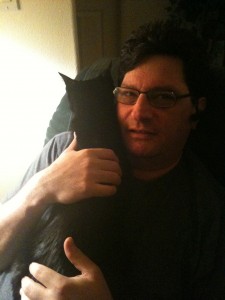 Black Friday. Some great deals out there. But for many, today is simply a reminder that they don’t have money to spend, no matter how good the deals.
Black Friday. Some great deals out there. But for many, today is simply a reminder that they don’t have money to spend, no matter how good the deals.
The economy has hurt a lot of people. You may be just fine but I’ll bet you have clients or friends who are struggling. You may not know what to say to them (or to yourself) at a time like this, but there is something they need to hear.
They need to know that while financial problems can be painful, they can also help you grow.
Financial setbacks, no matter what the cause, are great teachers. They help us to see what does not work, on the path to discovering what does.
For some, hitting bottom is the only way they will change. It’s a wake up call that finally motives them to take action to improve their situation. The sooner they bottom out, the sooner things will improve.
No one wants to have money problems, but no one is immune to them. The ones who overcome their challenges and go on to thrive are those who learn from their problems and refuse to be defined by them. As actor Mike Todd famously noted, “Being broke is a temporary situation. Being poor is a state of mind.”
You can allow your financial situation to inspire your creativity or you can allow it to smother you. You can learn what does not work and never repeat it or you can make the same mistakes over and over again. You can dwell on your unpaid bills or you can focus on increasing your income.
The tree planted on the corner of our lot, in the path of the wind, is bigger and stronger than the tree tucked into a corner next to our house where the wind is not nearly as strong. The buffeting of the wind has made the tree on the corner grow stronger.
Like the wind, financial challenges push you and challenge you to grow. But unlike trees, you have free will. You can allow financial problems to break you or you can allow them to make you stronger.














